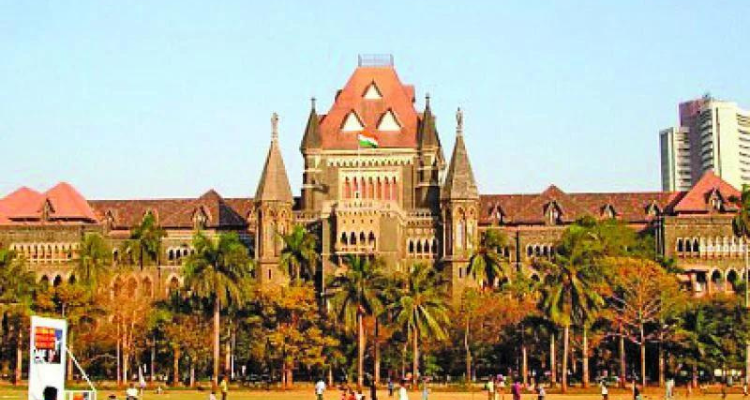
Leave encashment is equivalent to salary, and depriving someone of it violates constitutional rights, the Bombay High Court recently ruled in Dattaram Sawant & Anr v. Vidarbha Konkan Gramin Bank. Justices Nitin Jamdar and MM Sathaye noted that leave encashment is a property right under Article 300A of the Constitution. If an employee accumulates earned leave, encashment becomes their entitlement, not a bonus.
Two employees, Dattaram Sawant and Seema Sawant, sought leave encashment from Vidarbha Konkan Gramin Bank, which was denied. Both had over 30 years of service before resigning. The bank’s regulations allowed one day of privilege leave for every 11 days of service. Dattaram had 250 days of leave worth ₹6,57,554, while Seema had 210 days worth ₹4,66,830. Their resignations were accepted, and they were issued experience certificates.
When the petitioners requested leave encashment, the bank responded that the policy allowing encashment for resigning employees was implemented only on September 14, 2015, after their resignation. Aggrieved, the petitioners approached the Court, seeking directions for the bank to pay the leave amounts with 8% interest per annum. The Court ruled that their accrued right to leave encashment could not be denied.
The Court said that the bank’s refusal to extend the benefit of leave encashment is arbitrary and unsustainable. The petitioners are entitled to leave encashment. The bank is directed to calculate and pay the encashment amounts with 6% interest per annum within six weeks.
Read More: Supreme Court, Delhi High Court, States High Court, Other Courts, International




